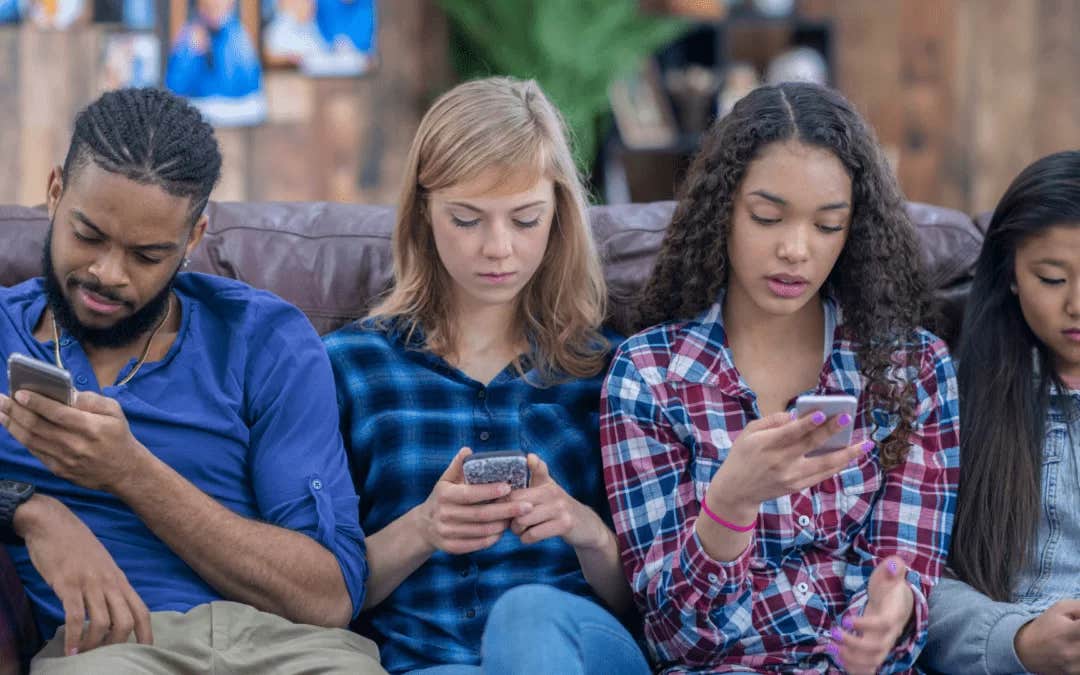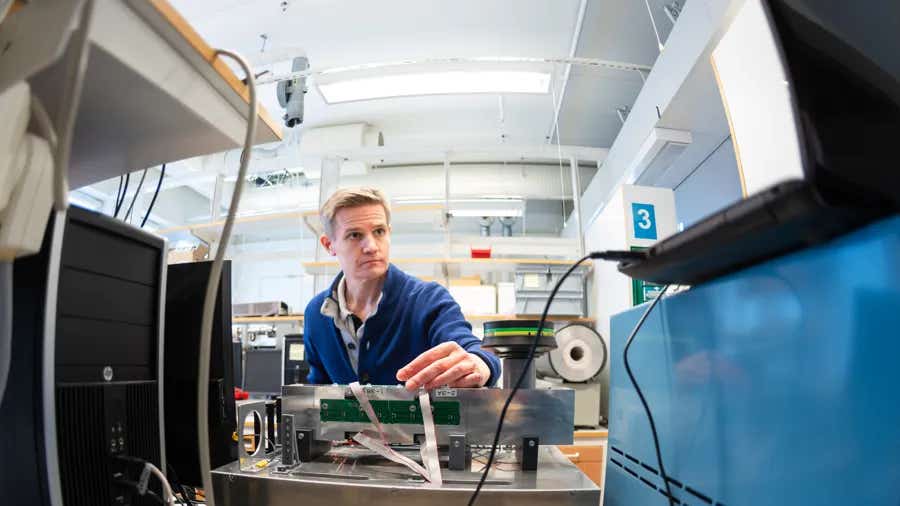Surprisingly, children and young adults who are most active on social media are also most active offline
Parents often express concern regarding their children’s usage of social media, fearing it may hinder their offline interactions.

Parents often express concern regarding their children's usage of social media, fearing it may hinder their offline interactions. (CREDIT: Creative Commons)
Parents often express concern regarding their children's usage of social media, fearing it may hinder their offline interactions. However, a recent study conducted by Professor Silje Steinsbekk at the Norwegian University of Science and Technology (NTNU) sheds light on this issue, suggesting that such worries might be unwarranted.
The study, drawing data from the Trondheim Early Secure Study, a long-term project involving approximately 800 children and adolescents, monitored participants at ages 10, 12, 14, 16, and 18.
Researchers sought to understand the impact of social media usage on offline social interactions and the development of social skills. Contrary to common concerns, Steinsbekk asserts, "We find that people who use social media a lot spend more time with friends offline."
This finding challenges the assumption that increased social media usage leads to decreased face-to-face interaction among young individuals.
Social interaction among peers is crucial for mental well-being and skill development. Steinsbekk underscores the importance of discerning who might be particularly susceptible to the adverse effects of excessive social media usage and who might benefit from it.
Factors such as age, gender, friendship quality, and social anxiety symptoms were examined in the study.
Related Stories:
Notably, the research revealed a potential risk for children with social anxiety symptoms who extensively engage with social media over time. While the correlation between social anxiety and poorer social skills was observed, Steinsbekk cautions against drawing definitive conclusions until further investigation is conducted.
The dynamics of social media present a complex research landscape. Despite conflicting findings from previous studies regarding the impact of social media on social skills, the Trondheim Early Secure Study suggests a nuanced understanding. While social media offers a new platform for interaction, its effects on social development remain multifaceted.
Furthermore, the study found that children who spend more time on social media still reported frequent offline socialization with friends, indicating that online engagement does not necessarily replace face-to-face interactions. In fact, other research has shown that social media can enhance closeness in friendships and facilitate the formation of new social connections.
Social media use and social skills. Results from the final estimated Random Intercept Cross-lagged panel model. (CREDIT: Science Direct)
Steinsbekk hopes that these findings can assuage parental concerns to some extent. However, she emphasizes the rapid evolution of technology, which presents challenges in researching its impact. The study's timeframe raises questions about whether similar results would be observed among today's youth, given the ever-changing landscape of social media and technology.
While parental concerns about social media use among children are valid, the Trondheim Early Secure Study suggests that extensive social media engagement does not necessarily detract from offline social interactions.
Understanding the nuanced relationship between social media use and social development is essential in navigating the digital landscape of today's youth.
For more science and technology stories check out our New Discoveries section at The Brighter Side of News.
Note: Materials provided above by The Brighter Side of News. Content may be edited for style and length.
Like these kind of feel good stories? Get the Brighter Side of News' newsletter.



